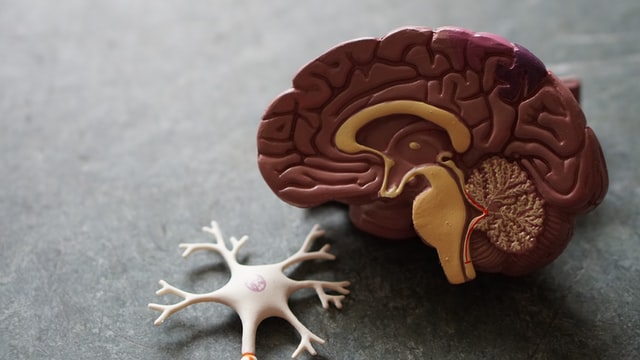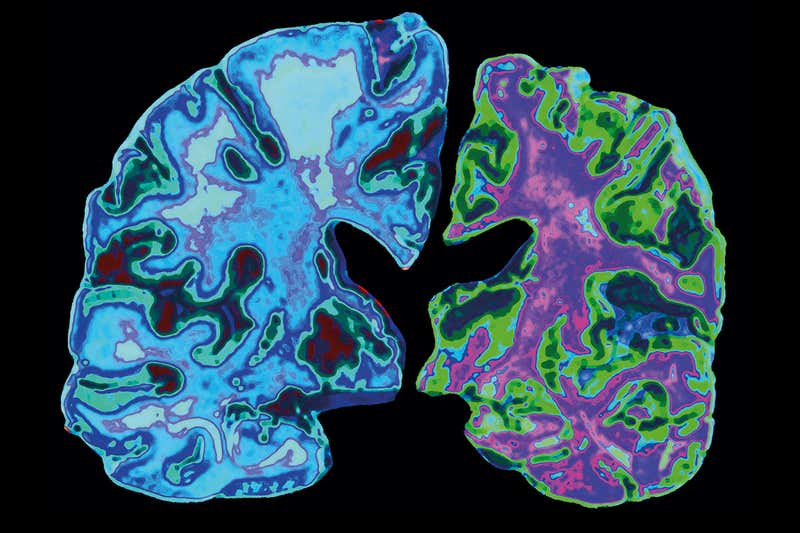Bacteria from gum disease found in brain tissue & spinal fluid of Alzheimer's patients
Can bacteria that cause gum disease also lead to Alzheimer’s disease?
A new study suggests that it may, a discovery that could also open up a path toward a potential treatment.
But other researchers and doctors caution that it’s too early to say that this is the answer to this progressive neurodegenerative disorder.
In the study, which was published in the journal Science Advances, researchers examined the brain tissue of deceased people with Alzheimer’s disease.
In the tissue, they found Porphyromonas gingivalis, one of the main pathogens responsible for gum disease. They also detected the bacterium’s DNA in spinal fluid taken from living Alzheimer’s patients.
In addition, toxic enzymes made by the bacterium — called gingipains — showed up in many of the Alzheimer’s brain samples. Brains with more gingipains had higher amounts of proteins linked to Alzheimer’s disease, substances known as tau and ubiquitin.



